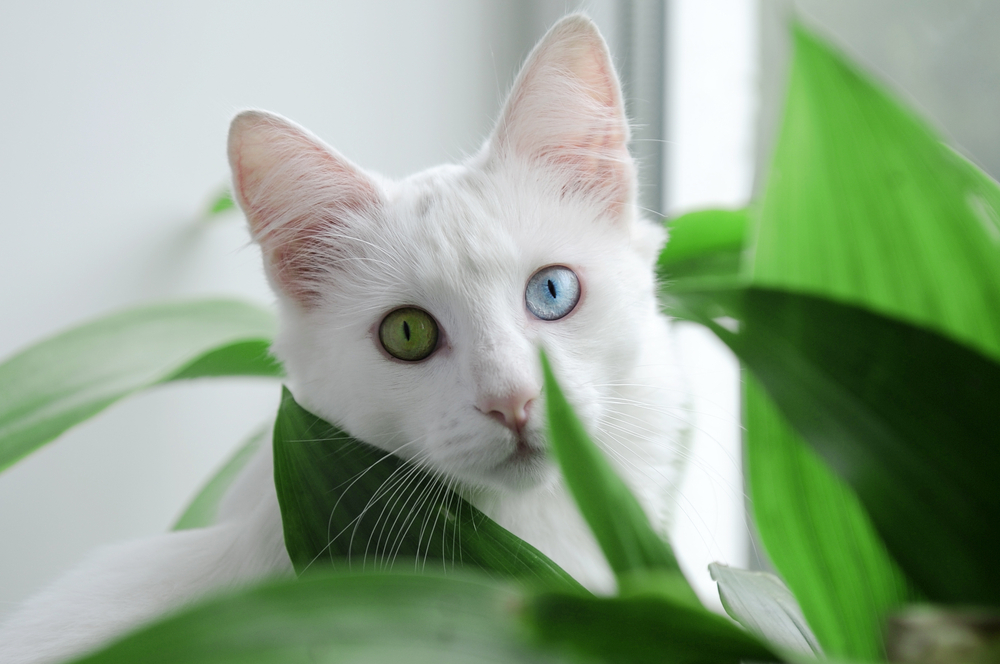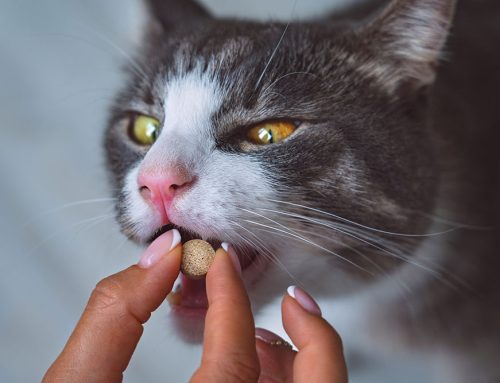As science and medicine evolve, the concept of whole-body health by instituting healthy habits and routine preventive care is increasingly popular. Many people are seeking alternatives to combat illnesses and stay healthy themselves, which has translated to their pets. While Western medicine and holistic treatments have their place, the real magic happens when they are used together for a more integrated approach.
Western veterinary medicine
Most veterinarians in the United States and Europe practice Western veterinary medicine, which typically uses medications, surgery, or diet to treat disease or illness. Incredible advancements have been made in Western veterinary medicine in recent years, granting your pet the opportunity for better disease treatment, pain control, and quality of life.
Holistic veterinary medicine
Using a more universal approach, holistic veterinary medicine encompasses the physical, mental, emotional, and spiritual well-being of your pet. Holistic medicine emphasizes the use of alternative therapies, such as chiropractic; food therapy; and traditional Chinese methods, such as acupuncture and herbal medicine, in a pet’s treatment plan. Depending on the underlying condition, many pets thrive with this type of care.
Integrative veterinary medicine
While Western and holistic approaches have their own advantages, each one tends to lack something that another can provide. Integrative veterinary medicine is the ideal blend of Western, traditional Chinese, and holistic veterinary practices for a whole-body, disease-fighting approach. Veterinarians are finding that many pet ailments are best treated with a combination of these techniques. For instance, Western veterinary treatment methods for osteoarthritis, an extremely common disease of both dogs and cats, would likely involve pain medication, weight-loss recommendations, and supplementations, whereas, using an integrated approach, your veterinarian may also recommend acupuncture, chiropractic care, and physical rehabilitation. Cancer, another common disease in pets, often requires surgery or chemotherapy, but herbal remedies and food therapy may help prevent recurrence and help your pet feel better.
Here are brief explanations of holistic and traditional Chinese practices that our team may recommend for your pet.
- Acupuncture — This practice involves the insertion of extra-fine needles into the skin at acupressure points around the body. Acupuncture stimulates nerves and blood flow to relieve pain and improve organ function, and can be combined with electrical current for further stimulation.
- Chiropractic care — Over time, body joints can become sub-luxated, causing stiffness and pain. A certified animal chiropractor can safely and effectively adjust these areas to help relieve discomfort. Chiropractic care can also be used to alleviate anxiety and sleep problems.
- Herbal medicine — One of the oldest forms of medicine, botanical remedies can address numerous health conditions in pets, often with fewer side effects than medications. Many modern medicines are based on plant parts for a specific action, while herbalists claim that the entire plant offers broad-spectrum effects.
- Homeopathy — Homeopathy is based on the belief that “like cures like.” While large amounts of a toxic substance can cause illness or death, the practice of homeopathy involves the use of minute amounts of toxic substances, such as plants, drugs, minerals, bacteria, or animal substances, to formulate possible remedies and promote a cure.

- Food therapy and nutrition — In traditional Chinese and holistic medicine, foods are characterized by their “warming” or “cooling” features and their therapeutic effects on particular organs.
- Physical therapy and rehabilitation — Pets who suffer certain injuries, surgery, or disease may benefit greatly from practices meant to restore the body’s normal function. Popular modalities include the underwater treadmill, cold laser therapy, therapeutic ultrasound, massage, exercises, and stretching.
To discuss or schedule a holistic consultation, contact us here. Please note that due to the nature of this appointment and the time involved gathering and researching each patient’s history and needs, we require a deposit for all first-time holistic consultations.








Leave A Comment